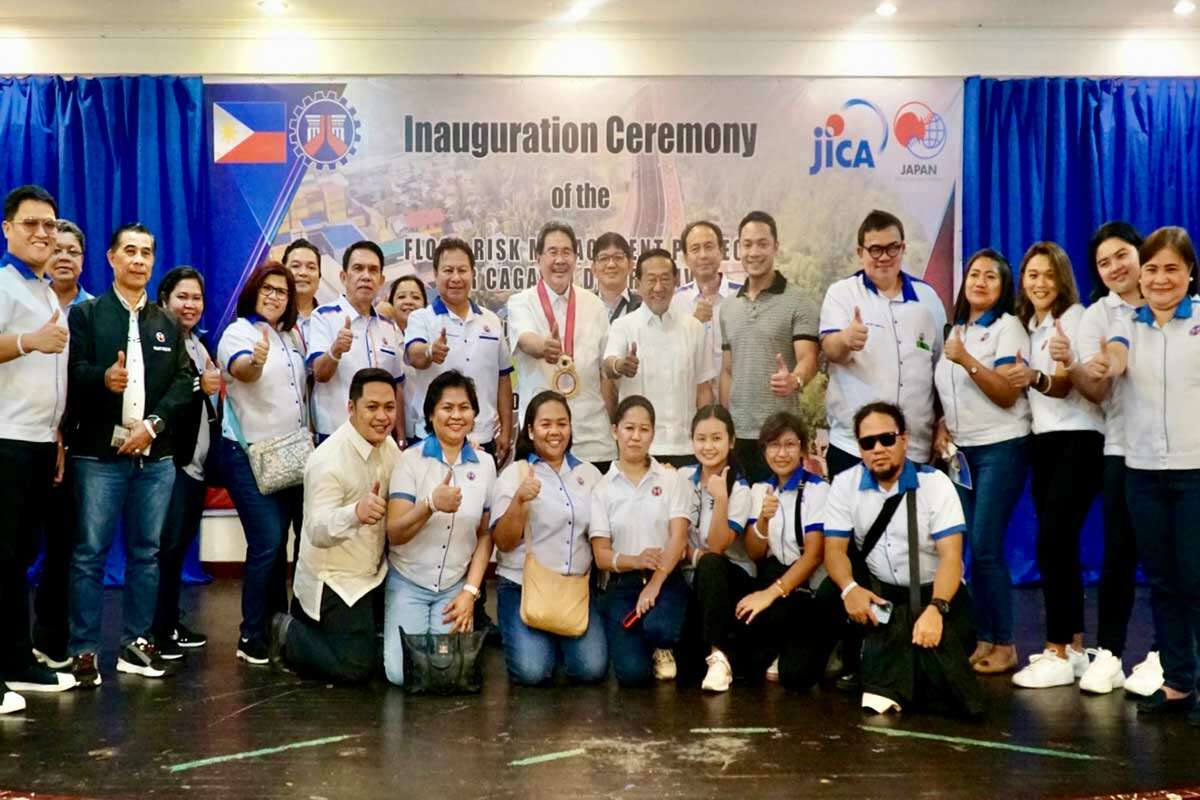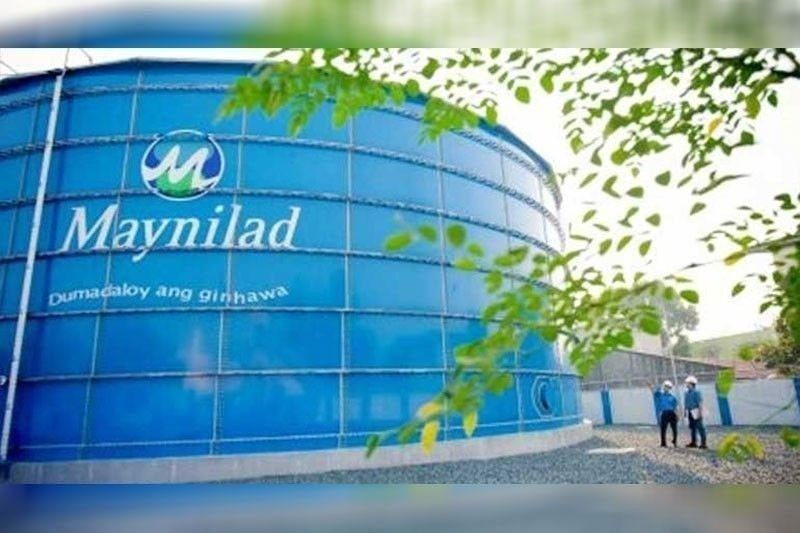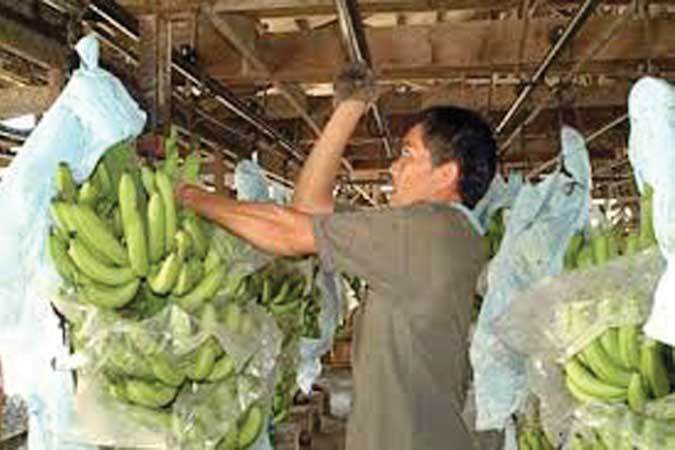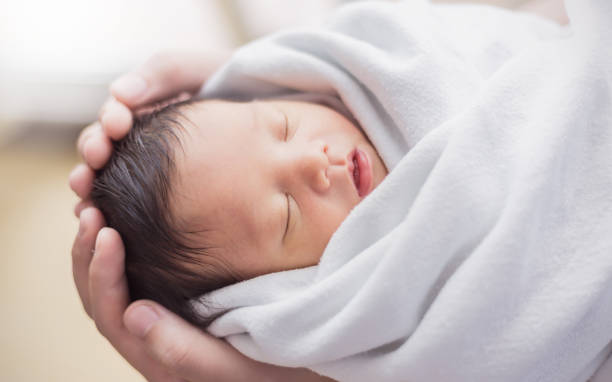Moscow is increasingly marked by signs of Chinese influence ahead of President Vladimir Putin’s scheduled visit to China next week. The presence of Chinese business centers, cultural parks with traditional pavilions, and an upsurge in Russian citizens learning Mandarin and practicing Kung Fu underscore the deepening ties between the two nations.
"It seems that the contacts with China are intensifying. A mutual interest is growing," said Natalia Gerasimova, a manager at a Russian company, who recently visited Beijing and frequents Moscow's Chinese landscape park. She added, "They are open to us, they treat us well. So in Russia I do not see any resistance to these relations either. Yes, we have different mentalities, but we are alike in some ways."
Following Russia’s military actions in Ukraine in 2022, Western sanctions isolated Moscow economically, prompting China to support Russia by purchasing large quantities of Russian oil and supplying goods ranging from cars to electronics. This cooperation helped bilateral trade reach an unprecedented $245 billion in 2024.
In 2022, Presidents Putin and Xi Jinping formalized their closer relationship through a "no limits" partnership agreement. However, despite China remaining Russia’s largest trading partner, recent data indicate a decline in trade turnover this year, which sources suggest Putin aims to address during his upcoming summit.
Chinese footprints are distinct across Moscow. The Chinese flag flies prominently at a business center in the northeast, while locals and visitors alike enjoy walking through parks adorned with elaborate Chinese architectural features.
The partnership is viewed by some as pragmatic rather than strategic. Entrepreneur Roman Dmitriev noted, "China is about industry, about the labour market, but it is not about technologies. Technologies always come from the West - from the U.S., from Europe. So, as soon as the West reopens to us, we will switch back. And it will be a logical step. (But) for now, China is our booster. We can compare it with an athletic friend in school who can defend and fight for you."
Reflecting the cultural shift, Moscow's "Chinese First" language school reports a surge in demand among both children and adults eager to learn Mandarin. Natalia Wang, the school’s director, stated, "It was like a switch was flicked. One day the applications started pouring in."
Chinese-manufactured vehicles have also gained visibility within Moscow’s automotive market. Nevertheless, consumer skepticism remains, with some Russians still favoring German or Japanese brands for their perceived quality and safety. Valery Bondarenko, a pensioner examining cars at a local dealership, remarked, "Chinese cars have come on in leaps and bounds, but they face our consumer conservatism. We still believe German or Japanese cars guarantee 100% quality and safety."
As Putin’s visit approaches, the evolving Sino-Russian dynamic reflects a multifaceted relationship shaped by geopolitical necessity, economic pragmatism, and growing cultural exchange.
Recommended For You

Cagayan de Oro Credits Disaster Management Team for Smooth 'Higalaay' Festival
Sep 19, 2025
Rafael Villanueva

Maynilad Schedules October 30 IPO After Market-Driven Delay
Sep 19, 2025
Christine Reyes

Philippine Banana Industry Faces Decline Amid Growing Regional Competition and Trade Challenges
Sep 19, 2025
Miguel Tan

South Korea Sees Sharpest Increase in Births Since 1981
Sep 19, 2025
Miguel Tan
